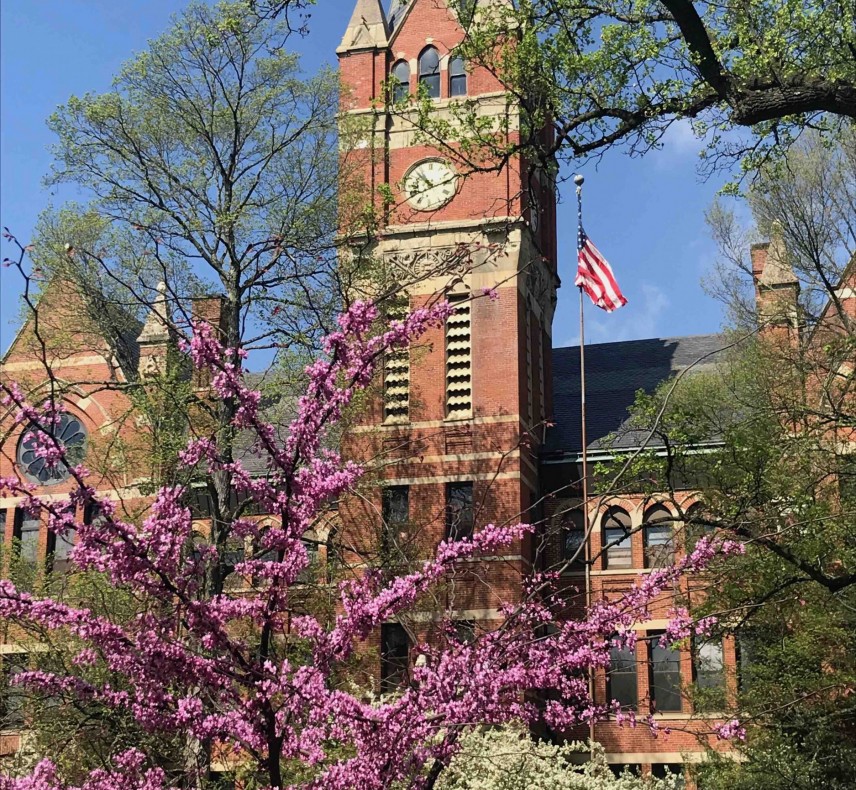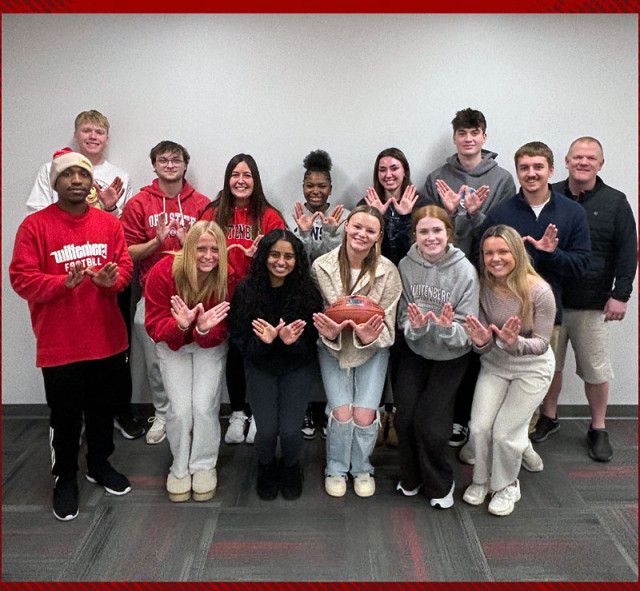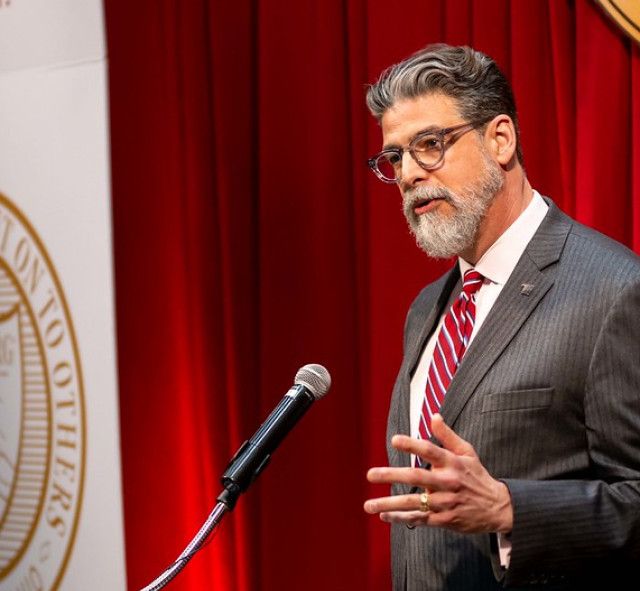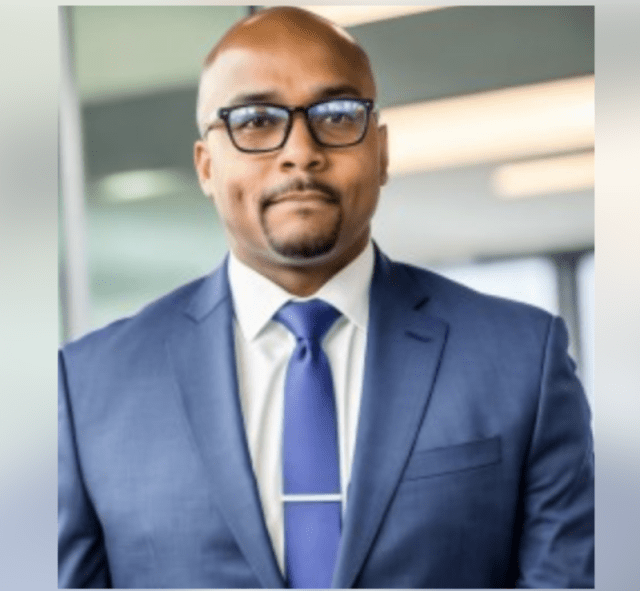Wittenberg has not one, but three students joining the ranks of university scholars who have received prestigious Fulbright awards.
Madison Krstich, class of 2019 from Johnstown, Ohio, Katherine Winner, class of 2019 from Cincinnati, Ohio, and Thomas Zabonik, class of 2019 from Westerville, Ohio, have all been awarded a Fulbright U.S. Student Program grant. With the addition of Kailey Mau, class of 2018 from Huron, Ohio, who is currently completing a year as a Fulbright English teaching assistant (ETA) in Germany, and this year’s recipients, Wittenberg now has 29 winners dating back to 1952 when Barbara Gaver served as an ETA in France.
“Over the past couple of decades Wittenberg has averaged maybe one successful grantee per year,” said Dave Barry, associate professor of German at Wittenberg. “There have been spells in which we had no luck whatsoever, just as there have been several occasions on which we were delighted to produce two winners. This year, however, is the first time in the college’s history that three seniors have been awarded grants.”
Krstich, who completed a triple major in Russian and Central Eurasian studies, international studies and history, as well as a minor in Russian language, will spend the 2019-20 academic year as an English teaching assistant in Uzbekistan. Winner, who completed a double major in biochemistry/molecular biology and Spanish with a minor in health science, is set to pursue research at the Institute of Parasitology in České Budějovice, Czech Republic, researching “nuclear tRNA export as a quality control of tRNA processing and modification.” The institute is a branch of the Czech Academy of Science, the leading public research institution in the Czech Republic. Zabonik, who completed a triple major in German, international studies, and educational studies, will be working next academic year as an ETA in Mecklenburg-Vorpommern, Germany.
The Fulbright U.S. Student Program is the largest U.S. exchange program offering opportunities for students and young professionals to undertake international graduate study, advanced research, university teaching, and primary and secondary school teaching worldwide in more than 140 countries. Recipients of Fulbright grants are selected on the basis of academic and professional achievement, as well as demonstrated leadership potential.
According to Barry, there are generally three stages to the Fulbright selection process. The first takes place on campus, where students are interviewed on the basis of their application by members of Wittenberg’s Student Development Board [SDB].
“In a good year, we might have up to four or five solid application files; this year we had six,” he said. “The primary purpose of the interview is to determine whether or not the university should endorse the file before it is forwarded to Fulbright, but the interview also provides the SDB with an opportunity to offer candidates some final feedback on their application. All students’ applications, which include two essays (a personal statement and a statement of grant purpose) as well as a wide range of supporting materials, are then submitted to a National Steering Committee (NSC) for further evaluation,” Barry added.
“If applicants are successful at this stage, their files are dispatched to the appropriate Fulbright affiliate in the country where they are proposing to spend their year as grantees,” he continued. “While I believe the stiffness of the competition in any given year can vary from country to country, it is safe to say that once a student has successfully made it past the NSC stage, her or his chances of ultimately winning a grant are still no better than fifty-fifty -- in some cases even two-to-one against. Incidentally, I would note that in this record year for Wittenberg, we actually had four candidates going into the final stage of the competition and our fourth was declared an “alternate” and, theoretically at least, could yet win a grant to teach English in South Korea.”
The latest Wittenberg trio will join the more than 2,000 U.S. citizens who will travel abroad for the 2019-2020 academic year through the program.
Fulbright U.S. student alumni populate a range of professions and include ambassadors, members of Congress, judges, heads of corporations, university presidents, journalists, artists, professors, teachers, etc. They include 59 Nobel Laureates, 82 Pulitzer Prize winners, 72 MacArthur Fellows, 16 Presidential Medal of Freedom recipients, and thousands of leaders across the private, public, and nonprofit sectors.
More than 390,000 Fulbright recipients from the United States and other countries have participated in the program since its inception in 1946. The Fulbright Program (named for Senator J. William Fulbright) has fostered bilateral relationships in which citizens and governments of other countries work with the United States to set joint priorities and shape the program to meet shared needs.
The Fulbright Program is the flagship international educational exchange program sponsored by the U.S. government and is designed to increase mutual understanding between the people of the United States and the people of other countries.







